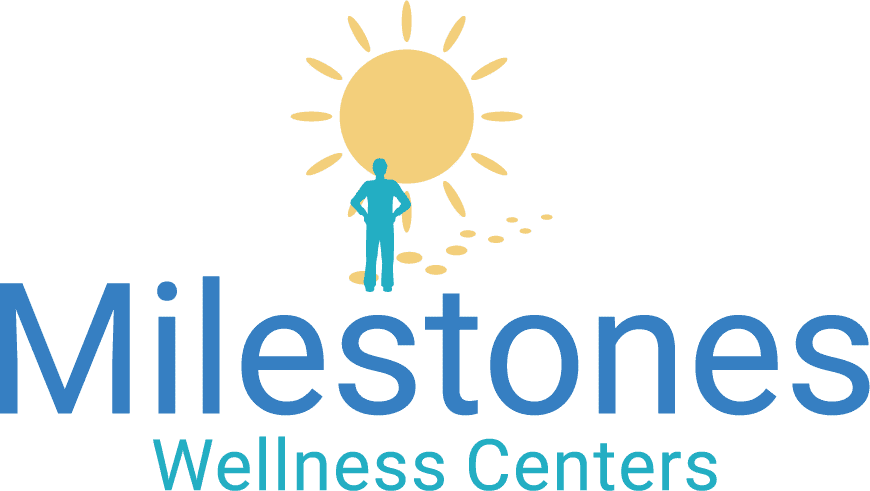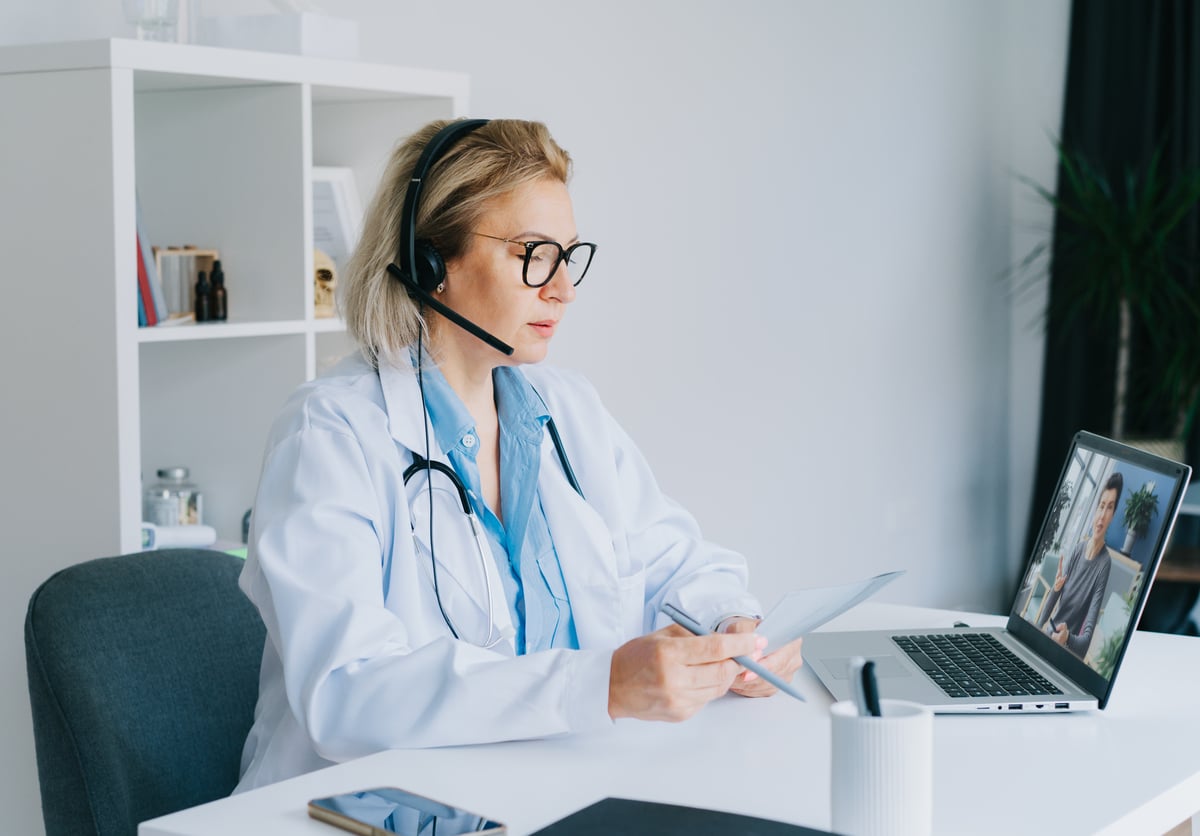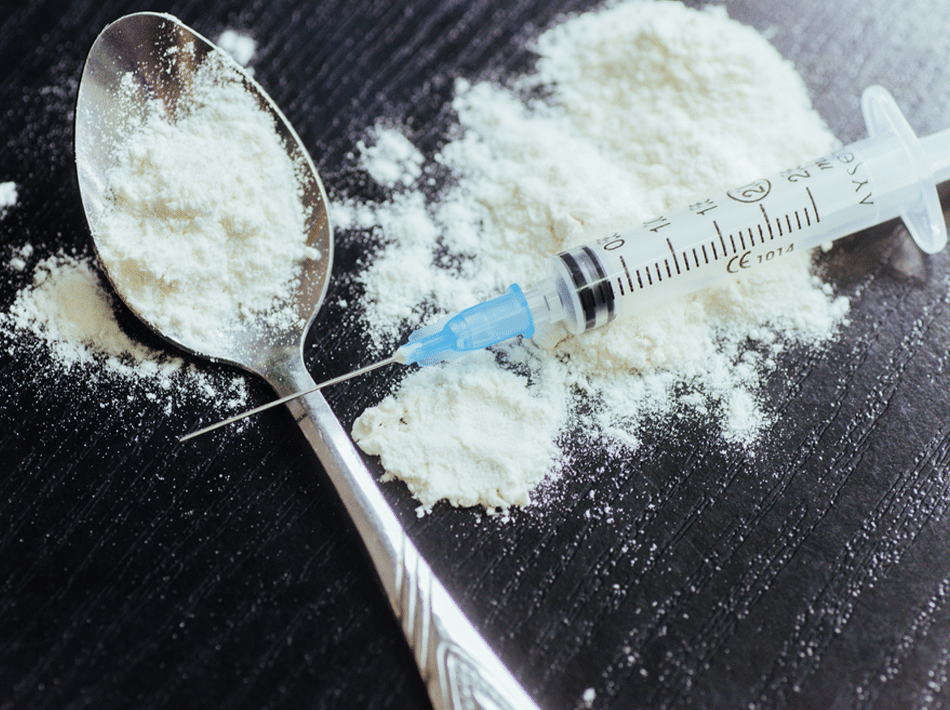Understanding Telemedicine and Telehealth
As Telemedicine or Telehealth has become more mainstream since the COVID-19 pandemic, telemedicine is not that new of a concept, however addiction telemedicine or telehealth is newer since COVID-19 pandemic. Telemedicine or Telehealth was first introduced over 30 years ago. Per the National Library of Medicine, telemedicine is defined as” the use of electronic information and communication technologies to provide and support health care when distance separates the participants”. Telemedicine or Telehealth does not require any specific use of technology, and all depends on the medical practice and the needs of that medical provider. Most commonly used technologies are telephones, online patient portals, and video conferencing technologies. And there are areas of medicine in which telemedicine or telehealth is not appropriate to fulfill the medical needs of the patient. The terms Telemedicine and Telehealth are often used interchangeably but there is one difference. The difference is that Telehealth can also be used to describe non-clinical services such as training for medical staff, administrative meetings, or continuing education.
The Role of Addiction in Telemedicine
The less intensive outpatient addiction treatment for substance used disorders can be treated with the use of telemedicine or telehealth. With telemedicine or telehealth this assists in removing some barriers to treatment that many suffering with a variety of addiction issues may have faced in the past, preventing them from attending an addiction treatment program. Telehealth is not appropriate if the individual needs a medically monitored detoxification from any illicit substance and/or alcohol. Inpatient treatment can only be performed in-person and at the appropriate medical facility. The next level of care in addiction treatment is intensive outpatient. Only part of this treatment could be performed via telemedicine or telehealth, which would be the therapy session. Traditionally intensive outpatient is only completed in-person due to the nature of the programs and level of care and monitoring still required by someone at this higher level of need for care.
Benefits of Addiction Telemedicine
One of the main benefits of addiction treatment via Telemedicine or Telehealth is the accessibility and convenience of this modality of treatment. Telemedicine or Telehealth allows for appointments to be completed more timelier for patients as there is no need to physically drive into a medical office. Telemedicine or Telehealth can also allow some clinics to extend their operating hours, which provides patients with more options to schedule appointments. For patients in more rural areas such as Pennsylvania and West Virginia, which may not have many if any addiction treatment facilities. Telemedicine or Telehealth allows individuals living in those rural areas the ability to access addiction treatment and at the convenience of their own home. Another area of accessibility that Telemedicine or Telehealth opens is the ability to complete appointments during breaks at the patients’ place of employment. By having the appointments through digital communications there is no need to drive into an office and many visits can be completed in a greatly shorter timeframe on the patient end of things.
Telehealth or Telemedicine can also assist in improvements in treatment compliance. All substance abuse treatment programs have requirements to remain in compliance with treatment. With the ability for appointments to be made at more of a convenience for the patients, this will assist patients with being compliant by making their scheduled appointments on time and with consistency. Drug testing can also be completed via Telemedicine or Telehealth procedures if the outpatient treatment program is set up accordingly. This again makes the ability for this addiction treatment requirement to be more easily completed by being more convenient for the patient.
The advancement of Telemedicine or Telehealth has also expanded some treatment options for patients. One of these new treatment options is the Psychoeducational Program, such as the one offered here at Milestones Wellness Centers. These platforms are very new in the field and therefore only a few addiction treatment facilities have them. A Psychoeducational Program is a method for receiving some of the basics of therapy and education on substance abuse and addiction without the need for live therapeutic interaction or instruction. This advancement allows for the patient to complete some of the core work in understanding themselves and their addiction at the convenience of their own time. Telemedicine or Telehealth have also expanded the reach of many programs to people that would not have the means to make it into a traditional addiction treatment program as well as often expanding the hours of operation.
How COVID-19 has Impacted Addiction and Telemedicine or Telehealth During a Pandemic
The worldwide pandemic of COVID-19 impacted everyone in various ways as well as changed some of the shape and modalities of medicine. COVID-19 in general brought many people in the world a new set of worries, stressors, uncertainties, and illness which all could have impacted their ability to continue sobriety, relapses, substance usage or consumption, and treatment options. The National Institute of Health in the United States noted that during COVID-19 starting in the year 2020 that overdose deaths were greatly on the rise, not only in the United States, but all over the world. It is estimated that there were 93,000 overdoses in 2020 in the United States alone. Of the stressors which are greatly attributed to this increase during COVID-19 were the struggles with the economic collapse and social isolation during the pandemic.
Prior to COVID-19 the National Institute of Health reports that 1 in 10 adults in the year 2019 reported symptoms of anxiety or depression. During the COVID-19 pandemic this ratio increased to 4 in 10 American adults reporting these symptoms. Substance abuse and addiction are highly comorbid, meaning present at the same time, with various psychological stressors especially that of depression and anxiety. Per the National Institute of Health during the COVID-19 pandemic in the United States there was a 23% increase in alcohol abuse (not just consumption) and a 16% increase in drug abuse for who consumed either drugs or alcohol prior to the start of the pandemic. Those individuals in self-isolation reported a 26% increase in consumption of substances over what they would have normally consumed prior to the COVID-19 pandemic.
Many individuals as they stressed about COVID-19 were unknowingly placing themselves at greater risk of contracting the illness as substance usage increase vulnerability for COVID-19. People with substance use disorders either have or are at an increased risk of respiratory infections, chronic obstructive pulmonary disease (COPD), cardiovascular complications, other infections and viruses which can weaken their immune system. All those conditions would leave an individual more susceptible to COVID-19 as those conditions have a negative impact on an individual’s health.
COVID-19 caused isolation and loneliness for many people in the world, especially during the mandated lock downs or from being forced to work from home. Isolation and loneliness are frequently associated with substance use. The negative feelings associated with both feelings can lead to depression due to a lack of connection with others. Depression and substance abuse go hand in hand in many cases, therefore leading to forced isolation and feelings of loneliness to cause an increase in the abuse of substances and/or alcohol.
COVID-19 did change the way addiction treatment has been administered, opening up the doors for addiction telemedicine or telehealth. Prior to COVID-19 all addiction treatment facilities were Federally required to adhere to the Ryan Haight Online Pharmacy Consumer Protection Act of 2008. This Act mandates that all patients seeking addiction treatment must attend an in-person physical medical evaluation prior to the start of treatment. And this in-person physical evaluation must be completely yearly to stay in compliance with the Ryan Haight Act. Due to the limitations of in-person contact during COVID-19, an exemption to this Act was allowed to better assist with public safety. The result of this exemption was opening full addiction telemedicine or telehealth for all individuals. It is important to note here that the exemption to the Ryan Haight Online Pharmacy Consumer Protection Act of 2008 was temporary COVID-19 emergency exemption protocol. As of May 11, 2023, all COVID-19 emergency protocols have ended. This one protocol is still being reviewed by DEA as returning to required in-person mandatory visits could have a negative impact on addiction treatment. More information about changes to this Act and other regulations on addiction telemedicine or telehealth are expected no later than November 11, 2024, if not sooner.
In addition to the Congressional Act there were many state laws which individually were stricter regarding fully online and remote addiction telemedicine or telehealth, or just any telemedicine in general that was prescribing any level of controlled substance. The Federal emergency protocols superseded these state laws, opening the door for addiction telemedicine in all states. A large advantage with addiction telemedicine or telehealth is that it broke down some barriers to treatment that many faced. Some of these barriers were for those in rural areas, just not having any addiction treatment facilities in a feasible distance from their residence, preventing them from attending a life saving treatment service. For others, at times financially could not afford to always make in-person treatment happen, again allowing for this personal expense to treatment to be eliminated. Another barrier for treatment was if a person’s work schedule and the availability of an addiction treatment facility did not align. With addiction telemedicine or telehealth appointments could be completed during a person’s break at work greatly decreasing the time involvement for an appointment by eliminating the travel time to a physical facility.
Telemedicine or Telehealth Service for Addiction Treatment
A large advantage with the advancement of Telemedicine or Telehealth in addiction treatment is that it assists in empowering the patients by giving them more control. Prior to the use of Telehealth or Telemedicine, a patient would only have the options for addiction treatment that was in a commutable distance from their location and open during hours that would work for that individual. Now with the usage of Telehealth and Telemedicine it provides more treatment options for individuals to choose from. Additionally with other services that compliment base level outpatient Medication Assisted Treatment (MAT) or now called Medications for Opioid Use Disorder (MOUD), such as traditional talk therapy. By allowing for multiple additional addiction treatment services such as talk therapy, group therapy, Psychoeducational Platforms (offered by Milestones Wellness Centers), and other common addiction treatment modalities, gives an individual more options to customize their treatment program more closely to their personal needs and what fits best in their life.
Like that of traditional in-person addiction treatment, medical providers, therapists, and other essential staff associated with an individual’s addiction treatment can chart and act on patient progress in the same manner. Using more advanced computer programs often called Electronic Health Records (EHR) or Electronic Medical Records (EMR) multiple staff can communicate in real time and share a wealth of patient information remotely. Another advantage to such systems, such as the one used at Milestones Wellness Centers, will provide a patient portal for all individuals currently attending addiction treatment via Telemedicine or Telehealth. These patient portals can provide patients with detailed records of their account, required forms, as well as useful educational information. Some portals may have the ability for the patient to self-schedule their appointments as needed.
Overcoming Barriers Surrounding Addiction Treatment with Telemedicine or Telehealth
The largest barrier that Telemedicine or Telehealth has assisted with in the treatment of addiction is the access to providers and with more rapid access. With not having to go in-person to any outpatient addiction treatment facilities which are equipped for Telemedicine or Telehealth, this opens treatment options for many individuals. Many addiction treatment facilities have more flexibility in their scheduling by using Telehealth or Telemedicine, which then opens more availability to match the needs of the patients, again overcoming a barrier to treatment.
Psychoeducational Therapeutic Platforms, such as that offered by Milestones Wellness Centers, is a way of providing some therapeutic support but at the convenience to the patient and their schedule. This new type of therapeutic support is done at the time which best fits the patient and from the convenience of their own home while using a smart phone, tablet, or computer. The intervention by a therapist is also provided in a format that does not require the traditional appointment unless a much deeper level of therapeutic support is required.
Since the start of COVID-19 pandemic many insurance companies as well as Medicaid and Medicare opened to allowing Telemedicine or Telehealth addiction treatment centers to bill for services. Many substance abuse treatment facilities may not accept insurance, especially Medicaid and Medicare, due to the low rate of payment that they allow for such treatment. But facilities such as here at Milestones Wellness Centers, we strive to continue to open and accept as many insurances as possible to assist in eliminating this barrier for treatment for anyone suffering from addiction.





